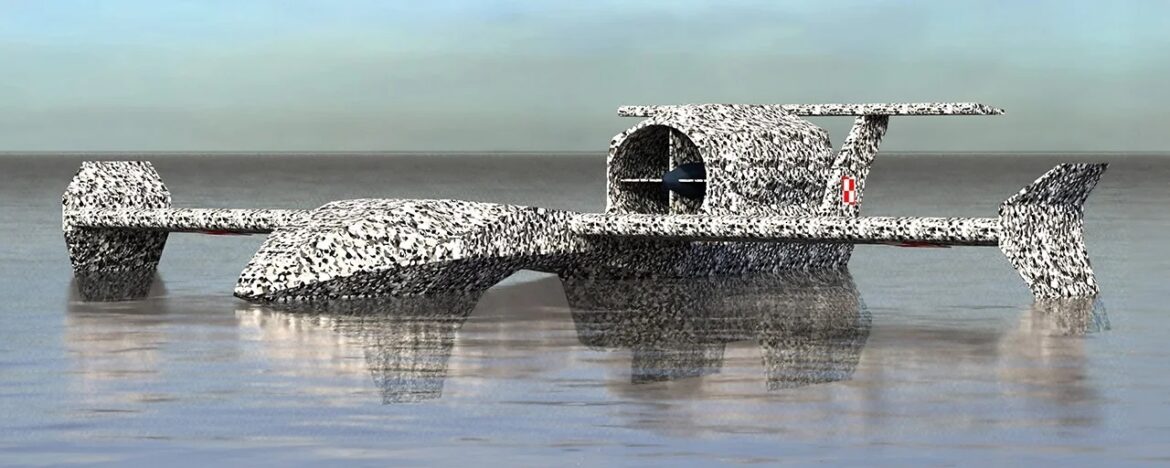A consortium led by the Gdansk University of Technology is developing a screenplane – a type of unmanned aircraft that flies low over water, using the near-surface effect. It will be the first of its size and type in the world, and its main purpose is to support the operations of the military’s naval units.
The project, funded by the National Centre for Research and Development, involves the Gdansk University of Technology, the Military Academy of Technology and the Air Force Institute of Technology.
“The main objective is to create a solution, a platform, which will contribute to enhancing national security, explains project manager Prof. Mirosław K. Gerigk of the Department of Mechanical Vehicles and Military Technology at the Gdansk University of Technology.
The platform under construction will have a turboprop propulsion system. It is expected to hover above water at a height of several metres and weigh a maximum of 400 kilograms. The vehicle will be controlled remotely from the shore, with subsequent stages of work designed to increase its autonomy.
The craft is expected to perform designated tasks over water areas close to the shoreline, take off from the water, fly at a minimum height above the water surface and launch, carrying loads of a set weight. The prototype is expected to be ready in 2026 and is being created from hybrid materials: primarily glass and carbon fibre with a plastic spacer material.
The near-surface effect is to increase the lifting force of an aircraft moving at a low height above the ground or water (assumed to be half the wingspan). The wings then generate more lift than when flying at a higher altitude. This is mainly due to a significant increase in the vortex area generated by the airfoil.
The near-surface effect is used by birds such as herons, cranes and pelicans, which fly just above the water surface in search of food, moving their wings infrequently and ‘lazily’.
Arkadiusz Słomczyński





